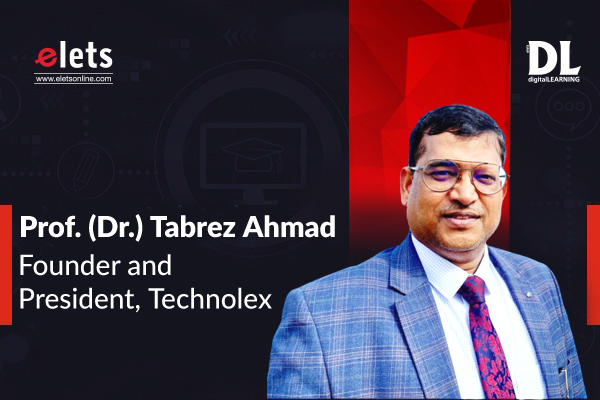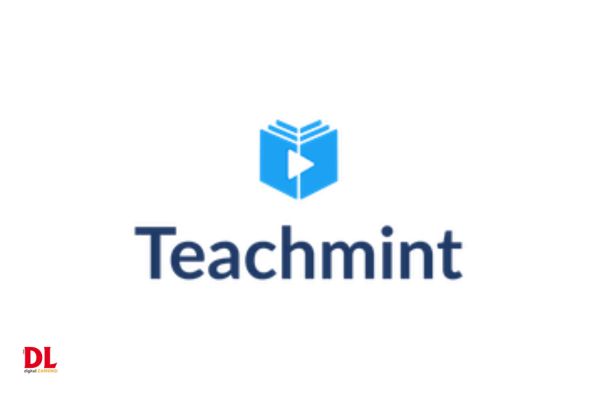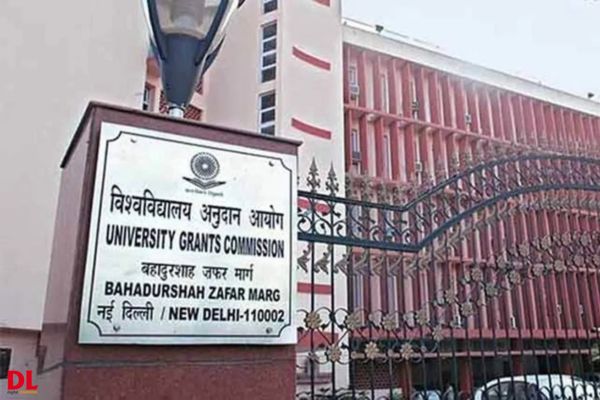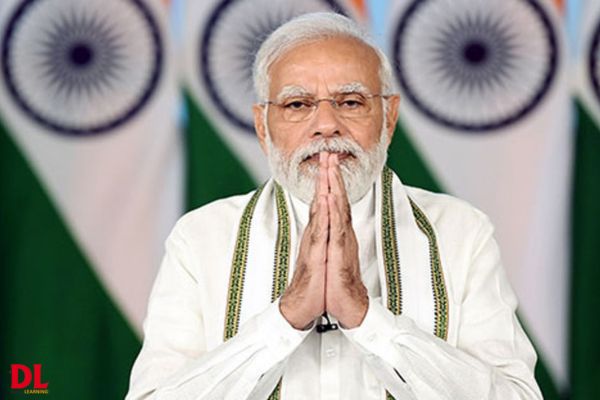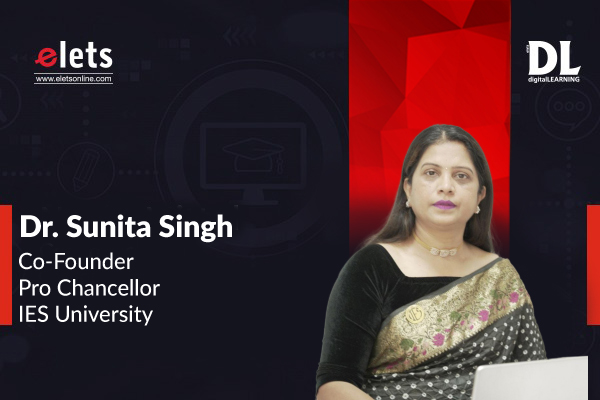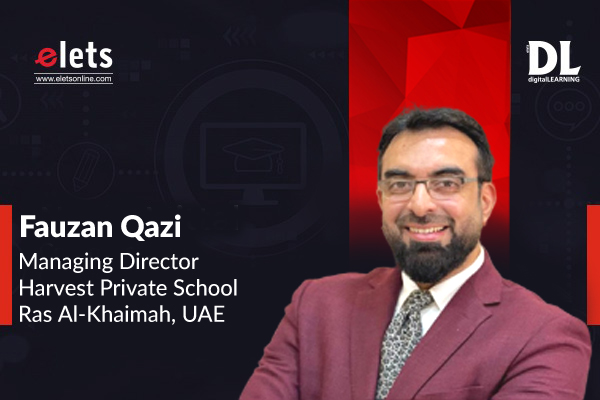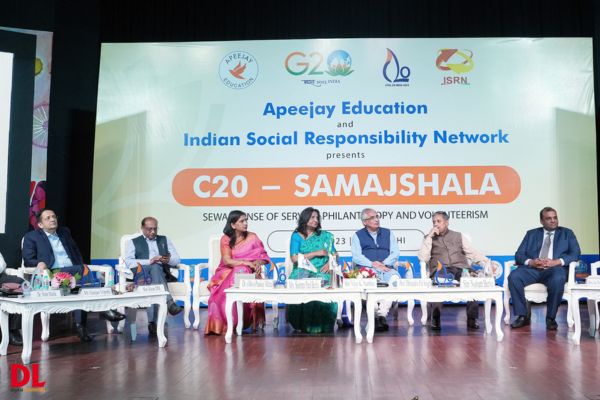Marching ahead toward Education 5.0 due to the fast intervention of Technology, AI, Block-Chain, AR, VR, and Quantum Computing in higher education. Therefore we should have a purposeful approach to learning that lines up with the futuristic curriculum and pedagogy aligned with the concept of sustainable development, shared Prof. (Dr.) Tabrez Ahmad, Founder and President, Technolex in an exclusive conversation with Sheeba Chauhan of Elets Technomedia. Edited excerpts:
From the doors of Aligarh Muslim University to becoming a Cyber Law expert and Founder & President of Technolex, your journey must have been incredible and full of challenges. Tell us about the same.
When I started my research in Cyberlaw in 1995 at AMU Aligarh during my 1st year of Law graduation program, there were only 3 companies offering mobile services and the internet that just entered India. Being a science graduate, I was so curious to understand the nexus of law, Science and Technology and it further inspired me to take IPR( Intellectual Property Rights) course at the LLB level and do my LLM dissertation in Cyberlaw and do my Ph.D. on technology convergence and focussing on IPR in Cyberspace. In 2008, when the IT Act 2000 was going to be amended in India, I felt a great need to start the awareness program in cyberlaw that has given the birth of Technolex. Technolex is focussing on capacity building in cyberlaw to transform education and promote justice.
India and UAE are all set to sign an MOU for academic collaboration between higher education institutions in both countries to offer twinning, joint degree, and dual degree programmes. How do you think it can benefit both countries?
India and UAE signed MoU in 2015 which was renewed in 2018 and after that various other MoUs were signed for the promotion of Education. However, the recent MoU which is already approved by both the Govts will be focussing on Technical and Vocational Education and Training (TVET), joint degree, and dual degree programs, especially in light of the NEP 2020 by the Government of India. I am sure it will rejuvenate educational cooperation and increase academic mobility between India and UAE.
How is Technolex providing a fair analysis and awareness of legal issues for the understanding of people at large?
Technolex does an analysis of various fake news and complicated issues of cyberlaw and provides real pictures to the readers through its Technolex blog and Technolex YouTube Channel. It also provides awareness about the education technology to improve learning outcomes, consultancy and promoting the concept of ODR (Online Dispute Resolution) to ensure justice for the masses.
Technolex is dedicated exclusively to the areas of Intellectual Property Law & Cyberlaw. Let our readers know more about the same and other significant domains that your company caters to.
A lot of Intellectual Property Rights are violated and cybercrimes are committed due to a lack of awareness. Therefore, Technolex does aware of the fair use of IPR and justified use of rights, liberties, and liabilities on the Internet. It further trains people that how they can safely and securely use the technology and Internet to be out of the clutches of cyber criminals. They are further trained that how they can resolve their disputes if any cybercrime is committed against them.
World Education Summit 2023 in Dubai aims to unlock fresh strategies and foster new approaches to build a future-ready education ecosystem. How do you think such conferences help to uplift education standards at a global level?
As we are marching ahead toward Education 5.0 due to the fast intervention of Technology, AI, Block-Chain, AR, VR, and Quantum Computing in higher education. Therefore we should have a purposeful approach to learning that lines up with the futuristic curriculum and pedagogy aligned with the concept of sustainable development.
These platforms like World Education Summit 2023 in Dubai are excellent opportunities for global education leaders to discuss and find out the viable solution for future education that should provide the individualistic approach and self-learning to produce future-ready professionals.
I take this opportunity to thank Elets for regularly holding world Education Summits in different countries. I feel proud to be a regular speaker at the World Education Summits.






